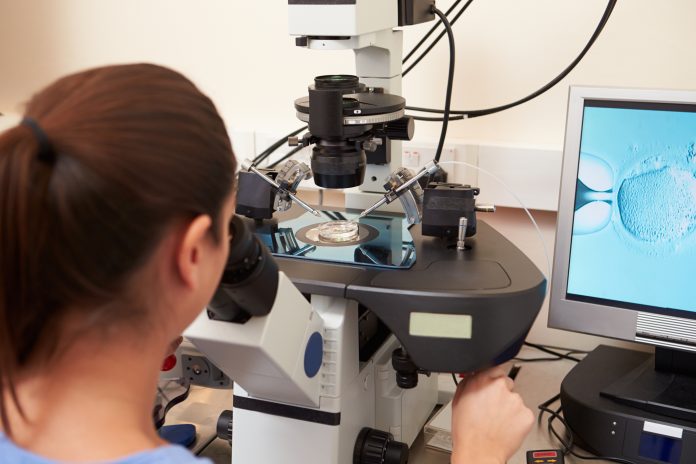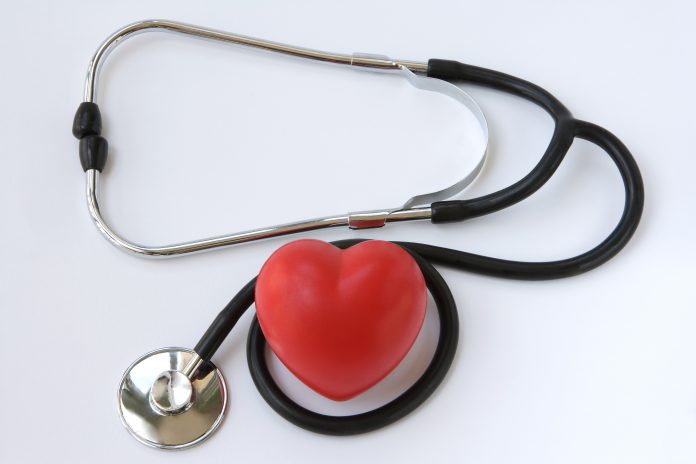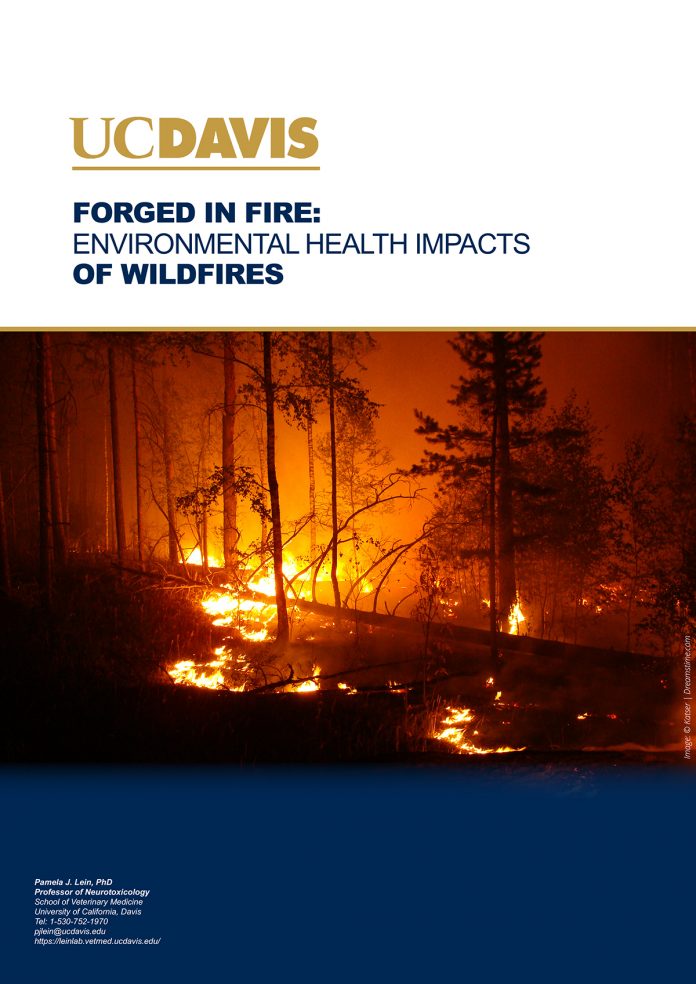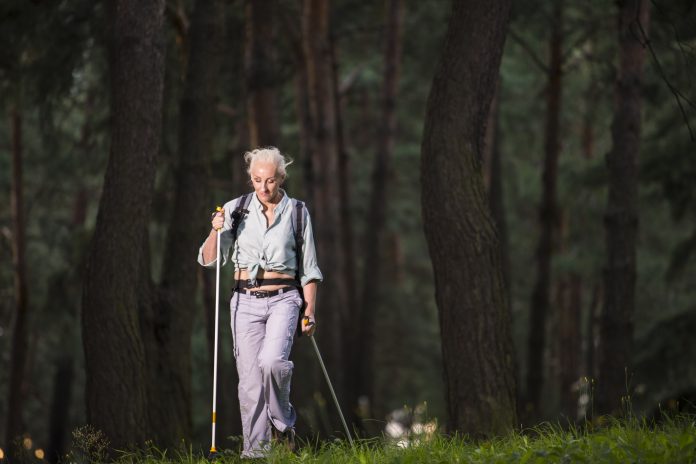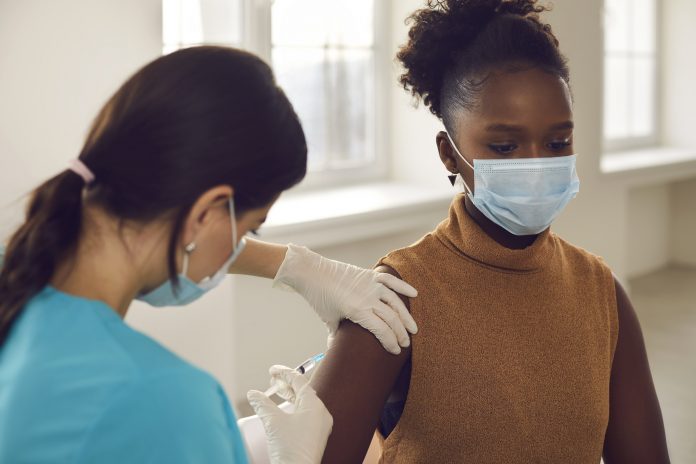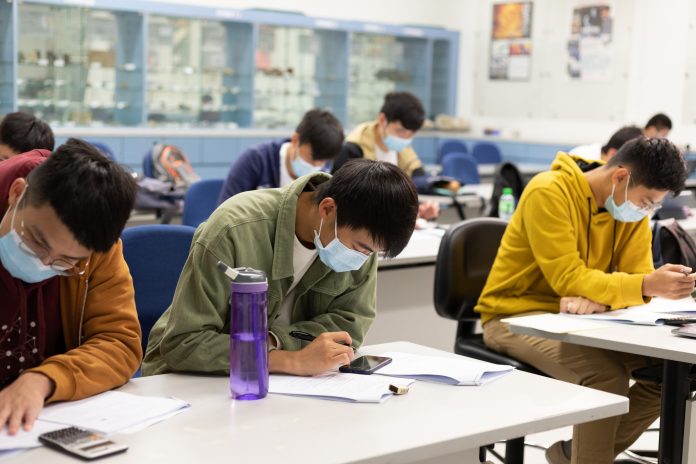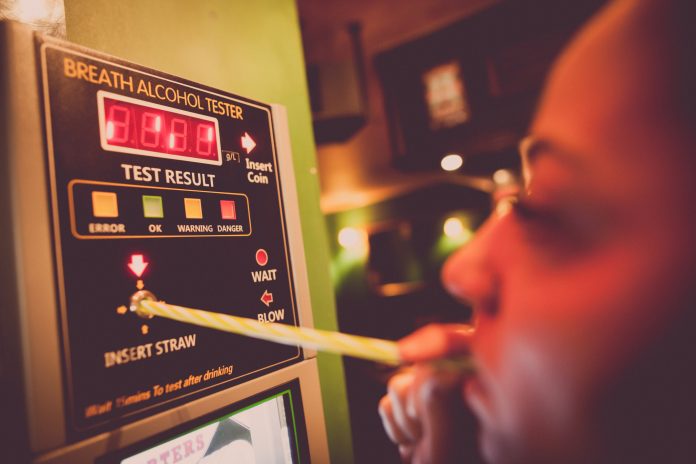Open Access Government produces compelling and informative news, publications, eBooks, and academic research articles for the public and private sector looking at health, diseases & conditions, workplace, research & innovation, digital transformation, government policy, environment, agriculture, energy, transport and more.
Home Search
AI - search results
If you're not happy with the results, please do another search
Female reproductive disorders may be heightened by obesity
Researchers find a link between obesity, metabolic hormones, and female reproductive disorders - suggesting obesity may elevate the risk.
40% of undiscovered tree species will be found in South America
According to new data, there are 73,274 different species of tree on Earth - with another 9,186 still to be discovered.
£6.25 million for UK environmental science research
£6.25 million investment will be invested into creating a five-year programme in UK environmental science research.
Microplastics found in placenta and newborns
Researchers looking at plastics’ connection with pregnancy and children's health, find that placenta can absorb nanoplastics during pregnancy, affecting babies when born.
Research reveals connection between high blood pressure and diabetes
Research is finally explaining the connection between patients suffering with high blood pressure (hypertension) and diabetes
Robot performs laparoscopic surgery without human intervention
A team at Johns Hopkins University created a robot that successfully performed laparoscopic surgery - without human intervention.
Astronomers find some stars can still form planets even near death
Astronomers have discovered that stars, even when near death, can possibly still birth planets.
NHS reports 980,000 alcohol-related hospital admissions since 2019
An NHS report of alcohol hospitalisations, alcohol affordability, and prescriptions for drugs to treat alcohol dependence, finds that alcohol misuse is increasing across the UK.
Forged in fire: The environmental health risks of wildfires
Here, Pamela J. Lein discusses the environmental health risks of wildfires.
Physical activity improves cognitive function for middle-aged adults
Middle to older aged adults can improve their brain function with daily physical activity, with researchers finding a direct correlation between these variables.
30,000 year-old carbon deposits are thawing in Siberia
Carbon, freeze-locked under ice over 30,000 years ago, is now thawing and being released into the climate as greenhouse gases.
Blood of COVID patients holds new treatment for virus
Scientists have discovered 'nano-bubbles' in the blood of COVID patients - proteins that can act as decoys for the virus, protecting the organs.
Socioeconomic status linked to post-heart surgery risks
Data reveals that patients with heart disease who come from disadvantaged communities experience more complications after their surgery – including a higher risk of death.
Men at higher risk of “sextortion” since the COVID pandemic
Men, Black and Native American women, and LGBTQ Individuals at high risk of falling victim to online extortion
Drinking can increase risk of heart issues by 23%, even in moderation
Though the UK’s recommended alcohol limit is under 14 units weekly, researchers still suggest less, as the risk of cardiovascular diseases can still be increased by even moderate amounts.
Scientists create artificial muscles from natural materials
At the University of Freiburg, scientists have created artificial muscles from natural proteins - less Dr Frankenstein, more future potential for reconstructive medicine or soft robotics.
NHS opens fourth dose bookings for immunosuppressed people
The NHS has opened bookings for a fourth vaccine dose, to 400,000 severely immunosuppressed people across the country.
New model simplifies resource allocation to slow pandemic
A model developed by Boston University can project COVID housing needs, up to ten days in advance - which can slow the spread of the virus.
Astronomers find “peculiar object” just 4,000 lightyears away
Australian scientists discover a "peculiar object" emitting a giant burst of energy three times an hour, relatively close to Earth.
Wearable technology can detect and control drinking habits
Wearable sensors can help detect when heavy drinking consumption can lead to negative consequences, by measuring levels of intoxication through the skin .

